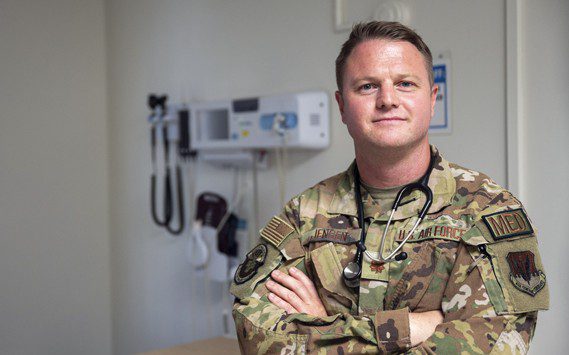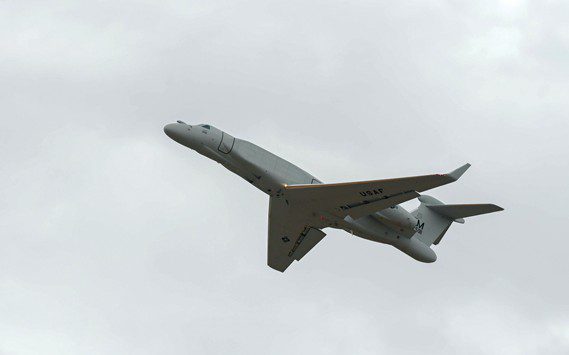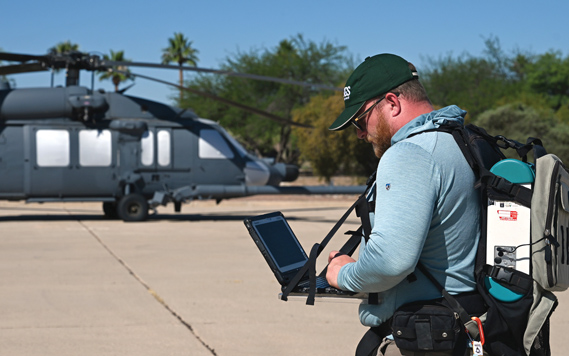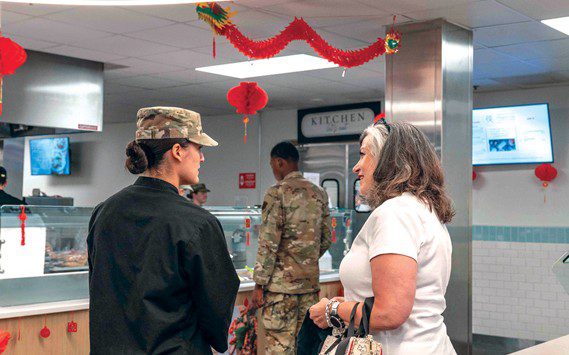NELLIS AIR FORCE BASE, Nev. — When I first briefed the Special Victims’ Counsel Program at Right Start and First Term Airman Center briefings here, audience participation was slim to none. It appeared as though the group I briefed was not interested in learning more about our program or that they didn’t know anything about it prior to the briefing.
The lack of response caused me to change my approach. I decided to test my audience to see if they knew anything about the program.
Now I ask the question: “Who has heard of the Special Victims’ Counsel Program?” The answer varies depending on who I am briefing.
First term Airmen, although they do not know the ins and outs of the SVC Program, are at least familiar with its existence. On the other hand, career Airmen are generally not familiar with the program.
Simply put, a SVC is an attorney who represents a victim of sexual assault and their interests alone. They are a separate entity from the base legal office and the area defense counsel.
The purpose of the program is to provide support to victims of sexual assault through independent representation, build and sustain victim resiliency, empower victims, and increase the level of legal assistance provided.
SVCs provide a number of services to include; providing confidential legal advice, legal assistance, and restricted reporting without repercussions. They also attend interviews, hearings, trainings, and courts-martials, with the primary focus being on the clients’ rights.
Think of the SVC team as a conduit to information on the entire process from reporting the crime, to investigation, and finally to disposing of an allegation of sexual assault.
These services are open to all active duty Air Force members and those who were on active status at the time the sexual assault occurred, if the report was restricted or unrestricted.
They are also available to entry-level status Air Force active duty, reservists, and Air National Guardsmen who received physical contact of a sexual nature in basic military training or technical training.
Dependents of Air Force members whose perpetrator is an Air Force member may use this service regardless of whether the report is restricted or unrestricted.
Service members from other branches can use the SVC if the perpetrator is an Air Force member and they have filed an unrestricted report.
All other categories of individuals, to include minors, are eligible for legal assistance under Air Force Instruction 51-504, Legal Assistance, Notary, and Preventive Law Programs, who file an unrestricted report.
As the program continues to evolve, SVCs and Special Victims’ Paralegals prove to be beneficial for individuals who may not know what to do if they become a victim of sexual assault.
There are currently 10 regional SVC offices. Our region includes Davis-Monthan AFB, Nellis AFB, Creech AFB, Edwards AFB, California, Los Angeles AFB, March Air Reserve Base, California, and all Arizona and New Mexico Air Force Bases.











